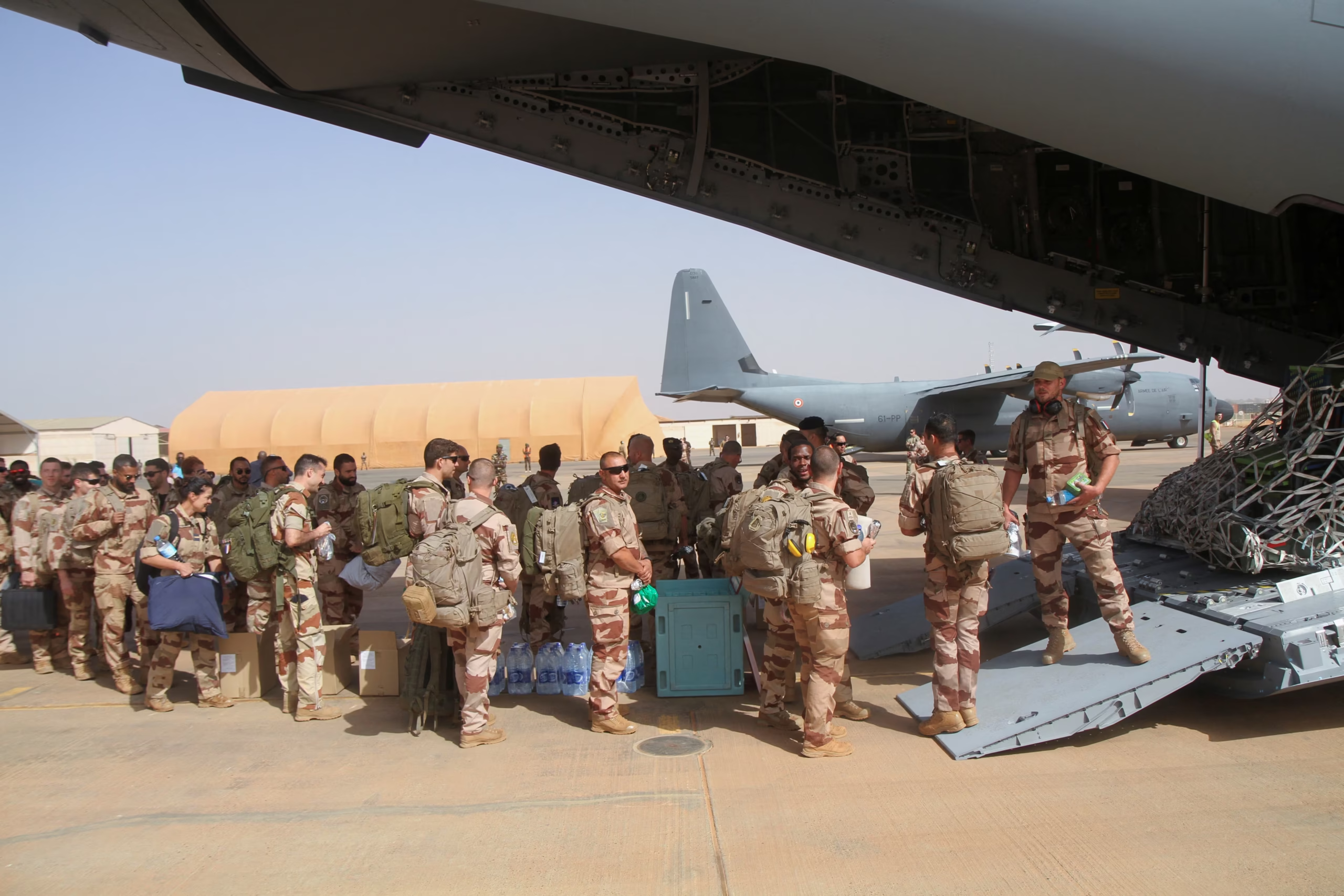
France has officially transferred control of the Rufisque joint broadcasting station to Senegal, marking a pivotal step in the strategic reshaping of Franco-Senegalese relations.
The handover, carried out on July 1, 2025, follows commitments made during the joint Franco-Senegalese commission held on May 16, and aligns with the military cooperation treaty signed between the two nations on April 18, 2012.
The broadcasting station, located along the southern Atlantic coast, had been operated by French forces since Senegal’s independence in 1960, serving as a critical hub for military communications.
The French Embassy in Dakar confirmed the transfer in an official statement, positioning it as part of a broader effort to recalibrate the long-standing military and diplomatic relationship between the two countries.
This development came just one day after Senegalese President Bassirou Diomaye Faye met with French President Emmanuel Macron on the sidelines of the Fourth International Conference on Financing for Development (FfD4) in Seville, Spain.
“Our discussions focused on cooperation between Senegal and France, as well as regional and international issues of common interest,” President Faye noted.
President Macron added that the bilateral partnership was undergoing “a profound overhaul,” and emphasized his desire for it to reflect “the interests of our peoples and our sovereignty.”
Since March, France has returned several military sites to Senegalese control, including the Maréchal and Saint-Exupéry facilities near Hann Park and the Contre-Amiral Protet district at Dakar port in May.
The remaining installations are expected to be handed over by the end of July, in line with the bilateral agreement.
The repositioning of French military presence signals more than a shift in security operations; it reflects a larger diplomatic reset.
During their meeting in Paris in June 2024, Presidents Faye and Macron had already underscored the need for a renewed relationship rooted in mutual respect and national sovereignty.
On the economic front, France continues to play a significant role in Senegal’s trade landscape.
As of April 2025, France was Senegal’s second-largest supplier, contributing 10.2% of the country’s imports, which include refined products, rice, machinery, and metals.
Meanwhile, Senegal’s exports have surged 14.2% year-on-year, buoyed by crude oil, cement, and fish products.
The transfer of the Rufisque station symbolizes not only the end of an era but also the emergence of a new framework for Franco-Senegalese cooperation—one centered on equality, sovereignty, and a shared vision for the future.



